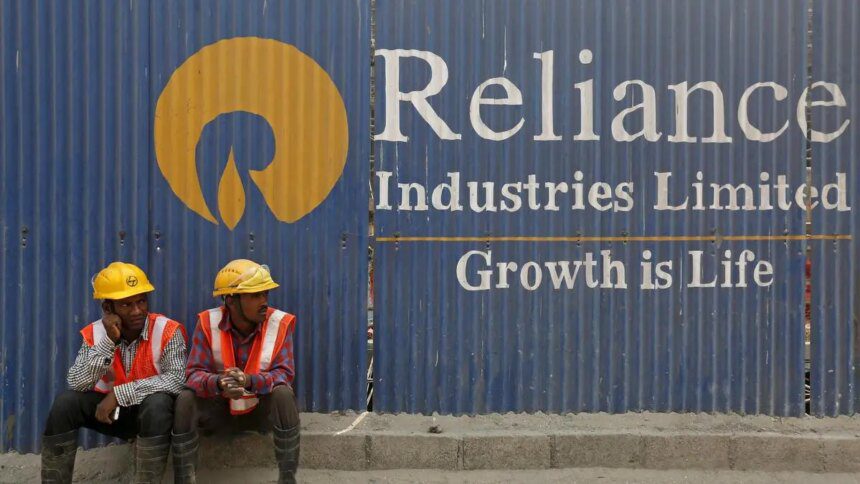Reliance Industries Ltd, owned by Mukesh Ambani, is reported to have earned 724 million euros (approximately ₹6,850 crore) from exporting fuel made from Russian crude oil to the US over the span of one year, according to a report by the Centre for Research on Energy and Clean Air (CREA).
The report states that from January 2024 to January 2025, the US imported EUR 2.8 billion of refined oil from six refineries in India and Turkey that process Russian crude. Of this, an estimated EUR 1.3 billion was refined from Russian crude. Specifically, US imports of fuels such as petrol and diesel from the twin oil refineries in Jamnagar, Gujarat, where Reliance’s refineries are located, amounted to EUR 2 billion, with EUR 724 million estimated to be refined from Russian crude.
Interestingly, Gujarat’s Vadinar, home to the Rosneft-based Nayara Energy refinery, exported EUR 184 million worth of fuel to the US during the same period, with EUR 124 million estimated to be refined from Russian crude. In addition, New Mangalore, where MRPL operates, exported EUR 42 million worth of fuel to the US, with EUR 22 million estimated to be refined from Russian crude.
The report also highlights that Turkey’s three refineries exported a total of EUR 616 million worth of fuel to the US, with EUR 545 million estimated to have come from refining Russian crude. It further notes that Russia earned an estimated $750 million in tax revenue from these imports from India and Turkey to the US, with petrol valued at EUR 294 million making its way into American cars.
Despite Western and US sanctions on Russia following its invasion of Ukraine in February 2022, there are no restrictions on buying or using Russian crude oil and exporting fuels derived from it. However, the Group of Seven (G7) nations, the European Union, and Australia implemented a price cap on crude oil and later on products like diesel to limit Moscow’s revenue while keeping the market supplied. This move aimed to punish Russia for its actions in Ukraine while preventing a surge in oil prices.
In conclusion, the report underscores the importance of sanctions in ending the conflict in Ukraine and highlights the need for negotiations towards a peaceful resolution. It also emphasizes the role of fuel exports in the global economy and the complexities of international trade relationships.










